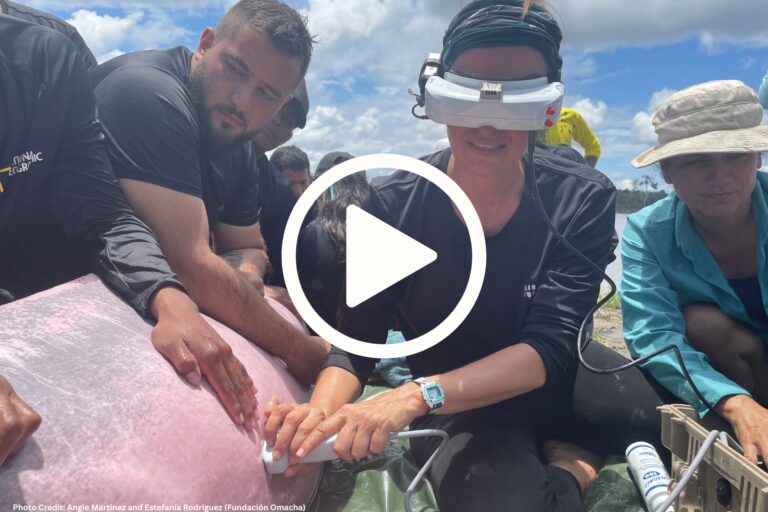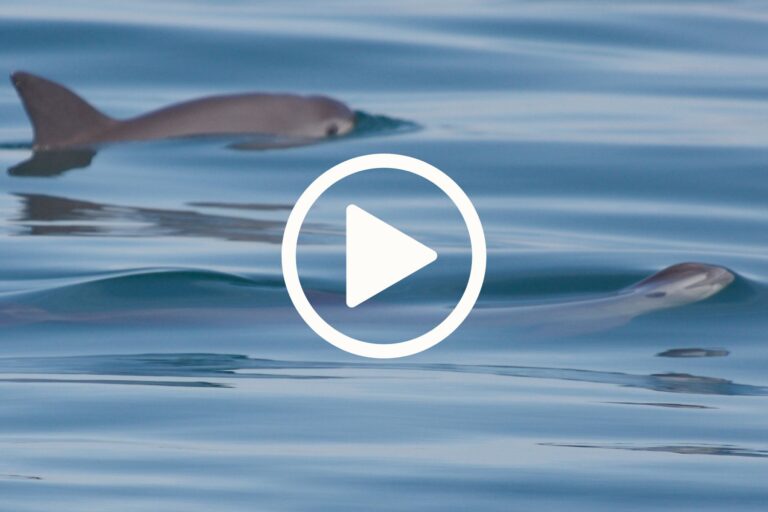Listen to this NMMF Journal Entry
Our Youth Action Council (YAC) finished this year’s program with an unforgettable day aboard Next Level Sailing’s “The Yacht America,” spotting blue whales and dolphins. They learned firsthand about these majestic creatures and their environments. This hands-on approach is vital for the students to connect with the material they learn in their meetings. Celeste Parry, NMMF’s Youth Action Council Facilitator, believes these moments are crucial:
"These programs are important because we can come out here and feel this connection to what we're teaching every day. More importantly, we're getting these students out here to have this experience, to imagine what it's like for researchers who work at the institute, and to imagine what it's like to be the animals out here every day living in this environment.”
- Celeste Parry, NMMF Director of Community Engagement and Youth Action Council Facilitator
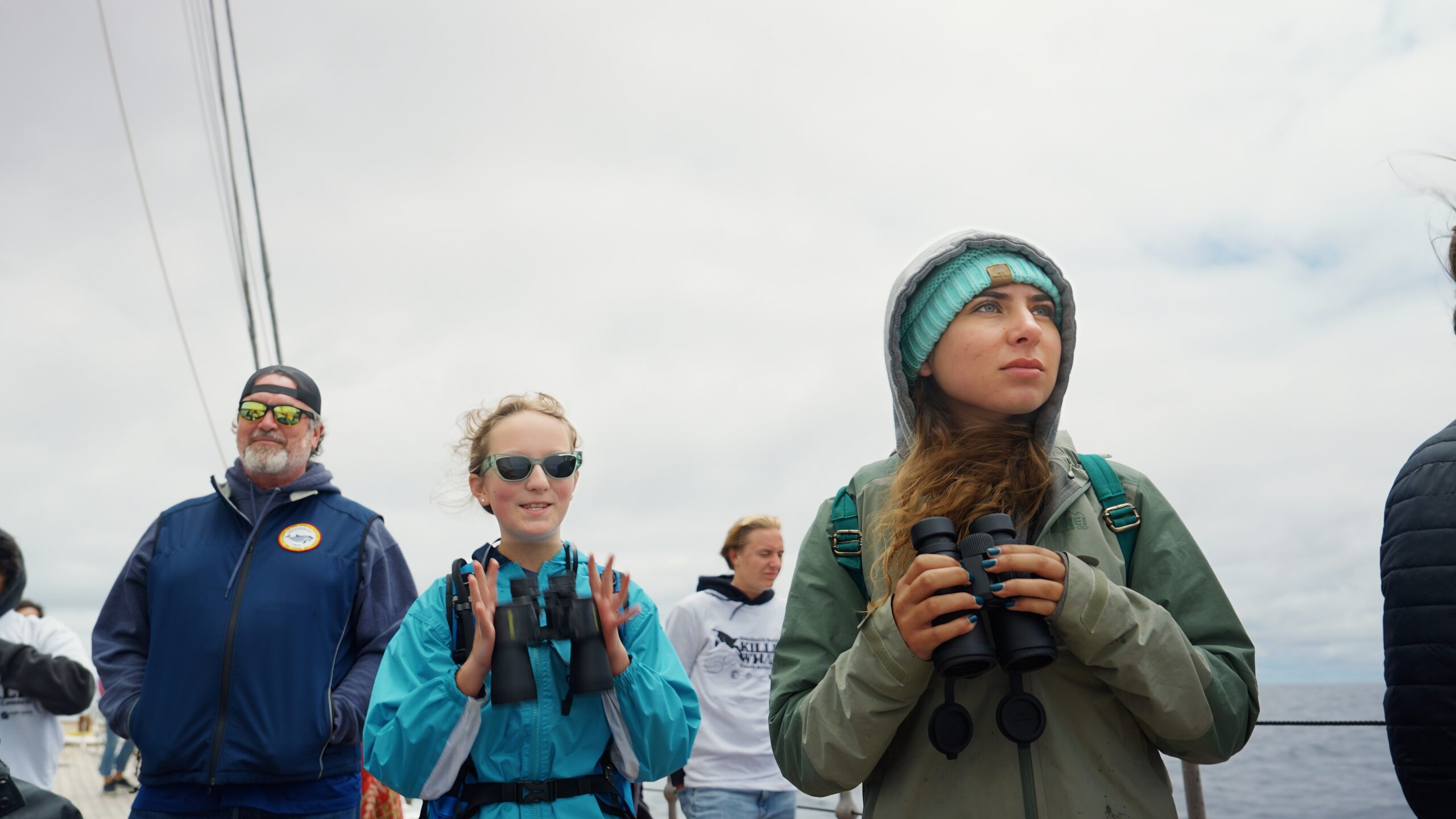
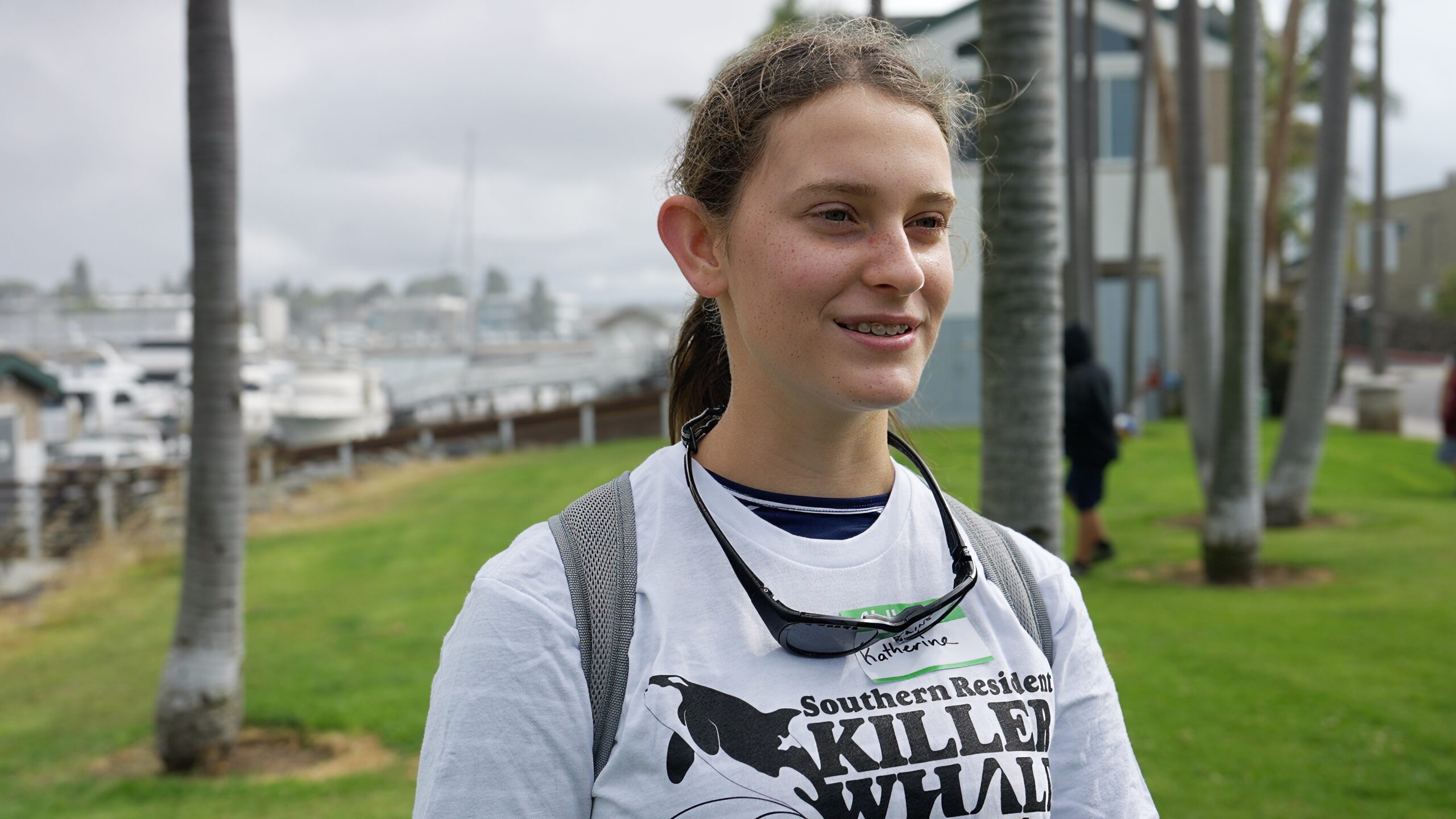
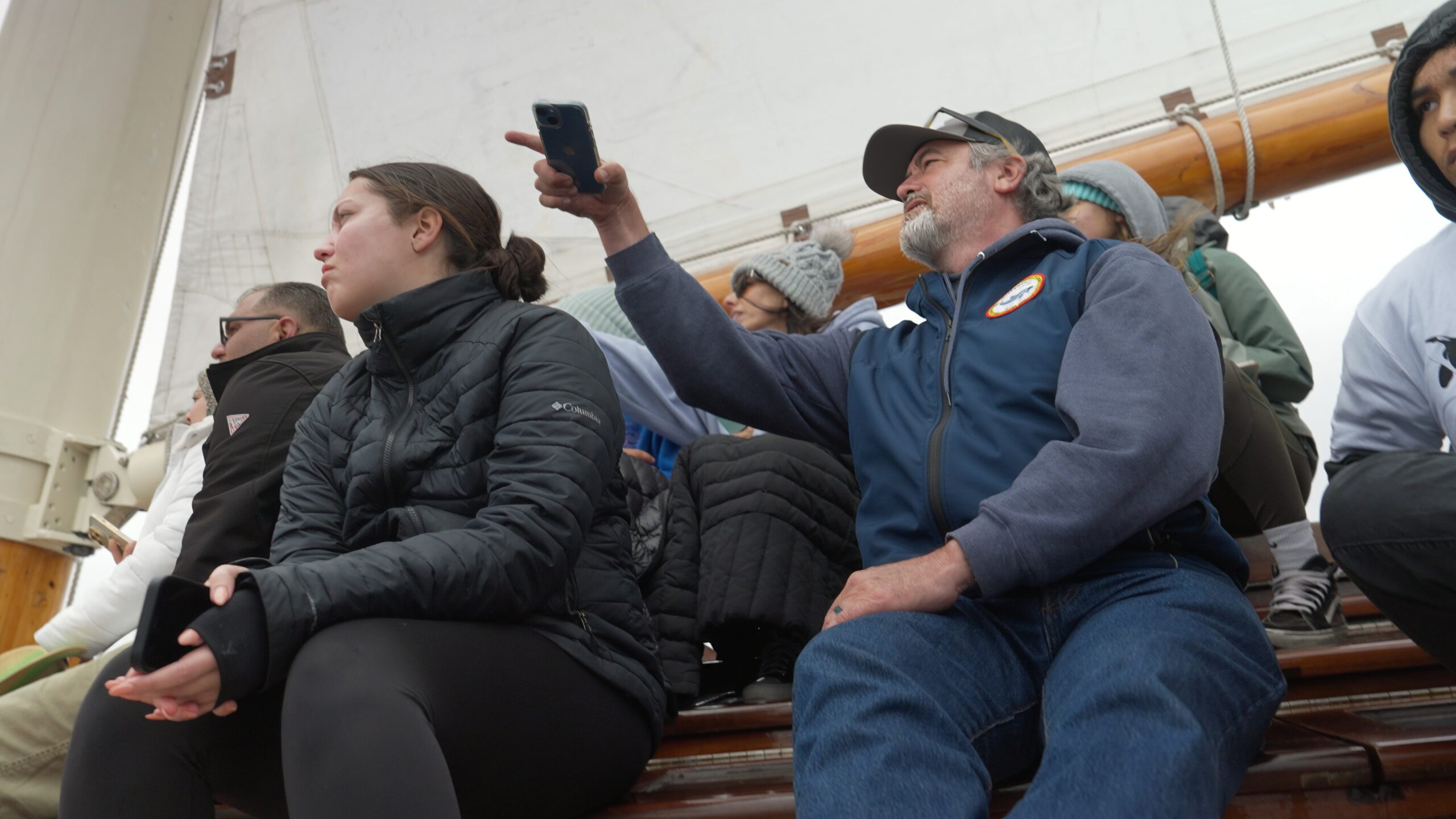
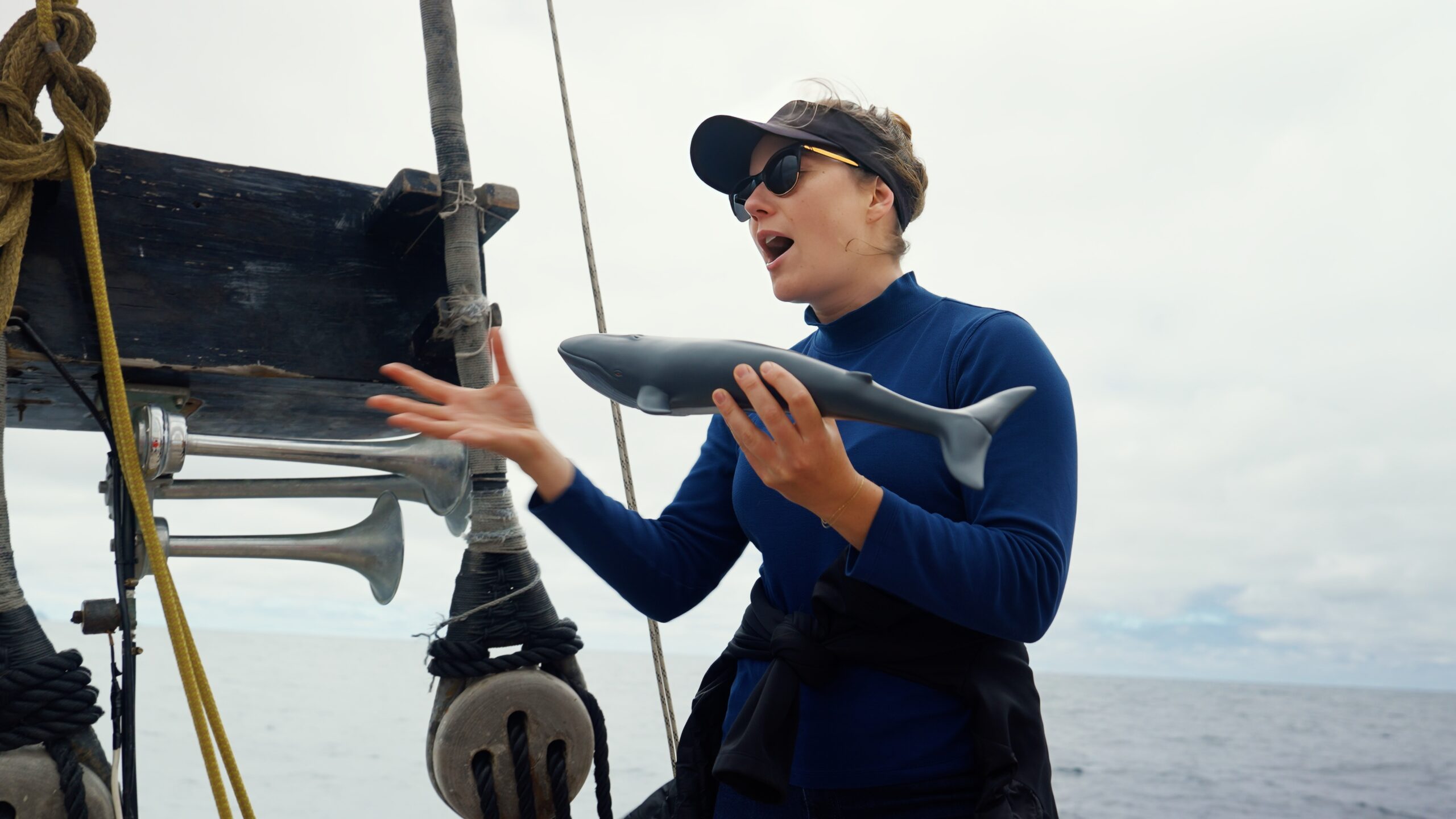

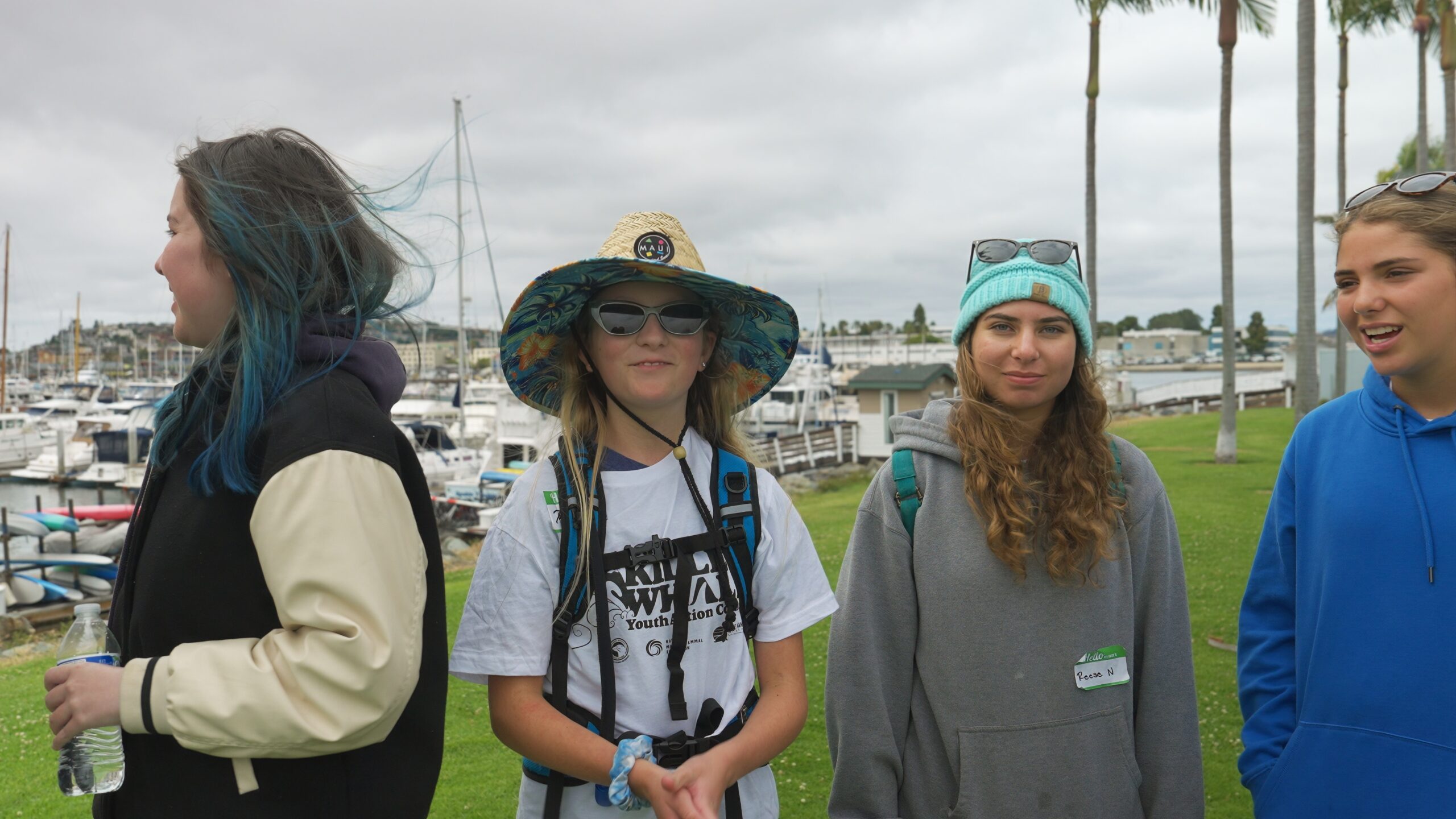
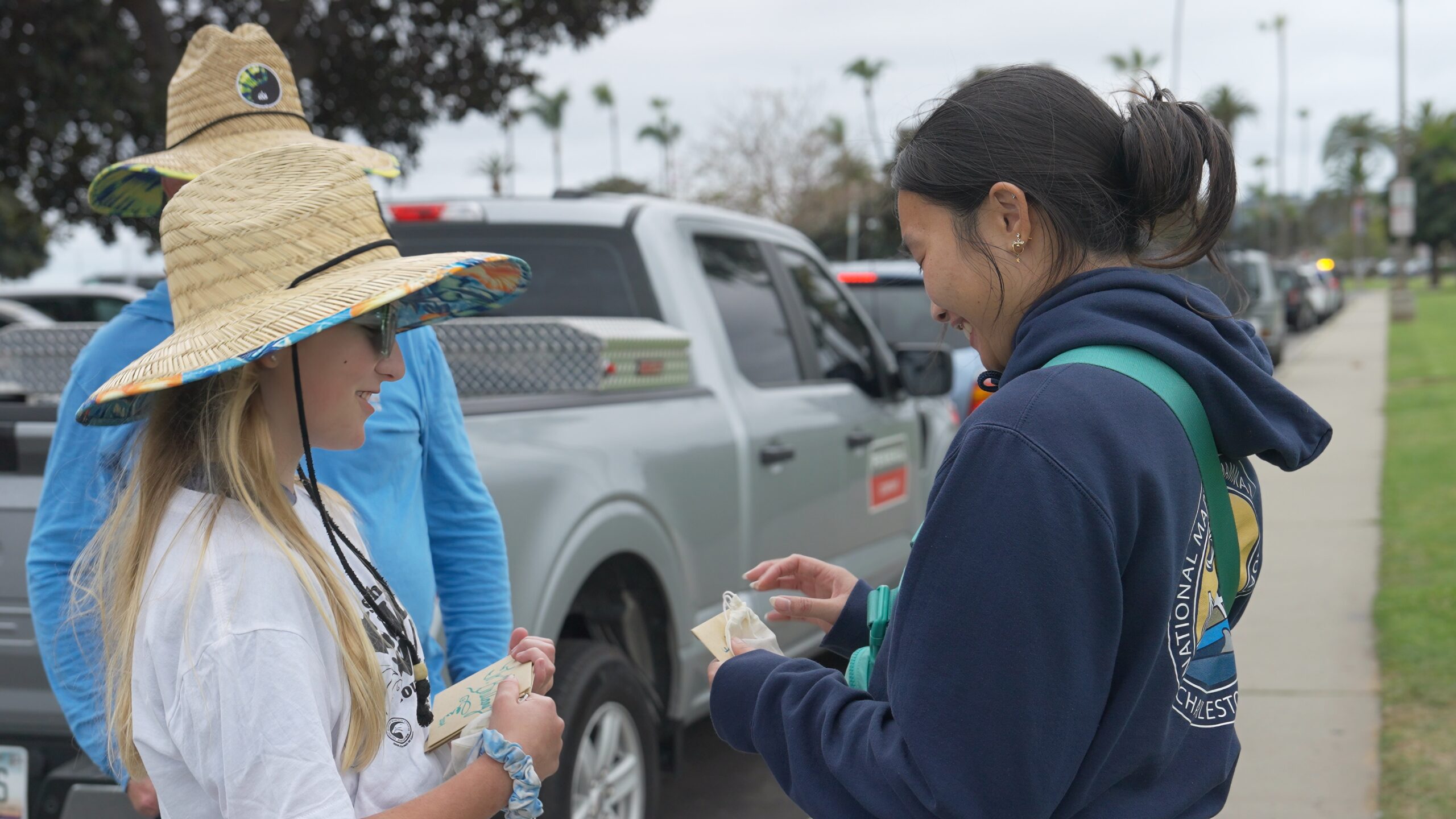
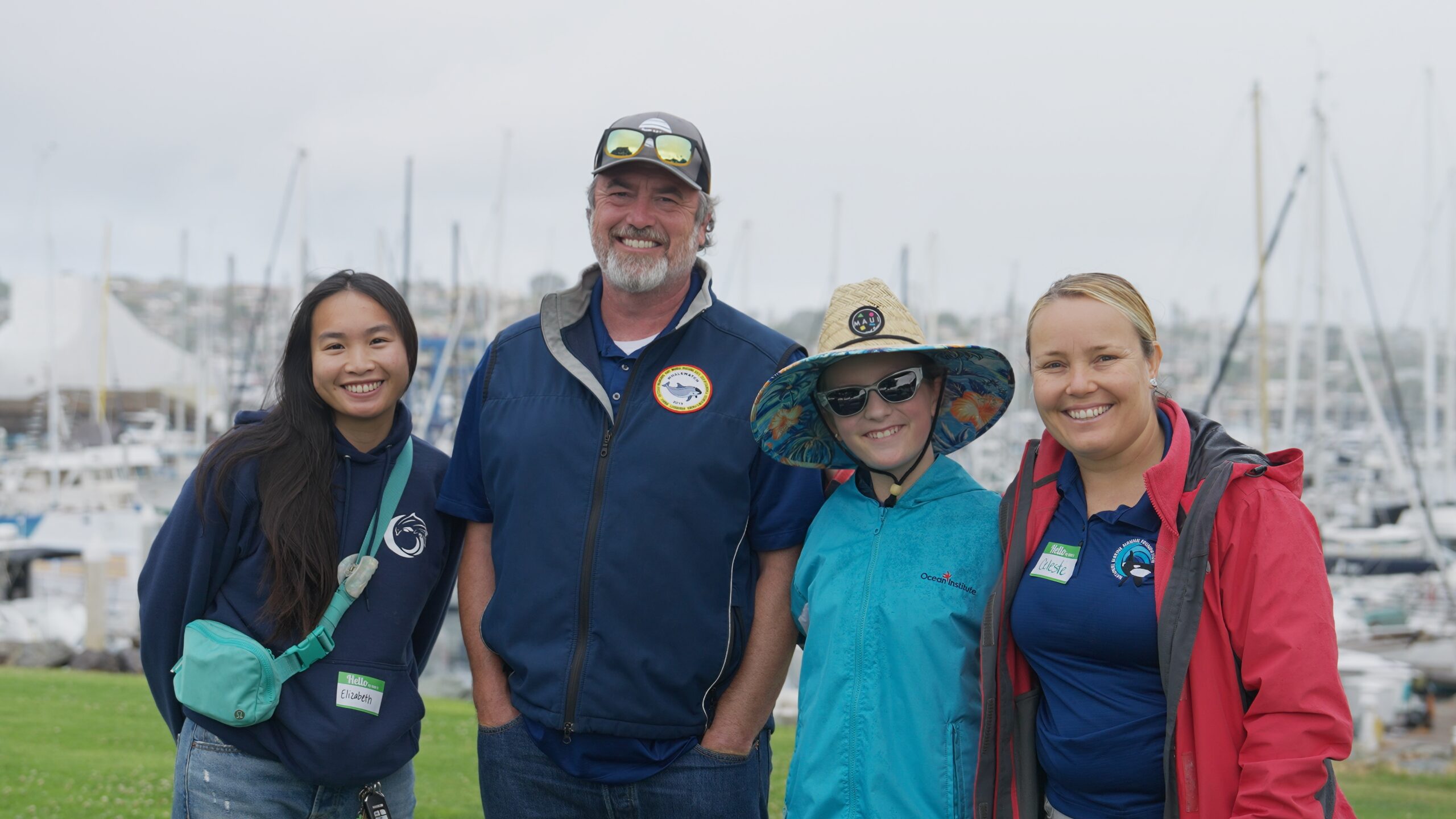


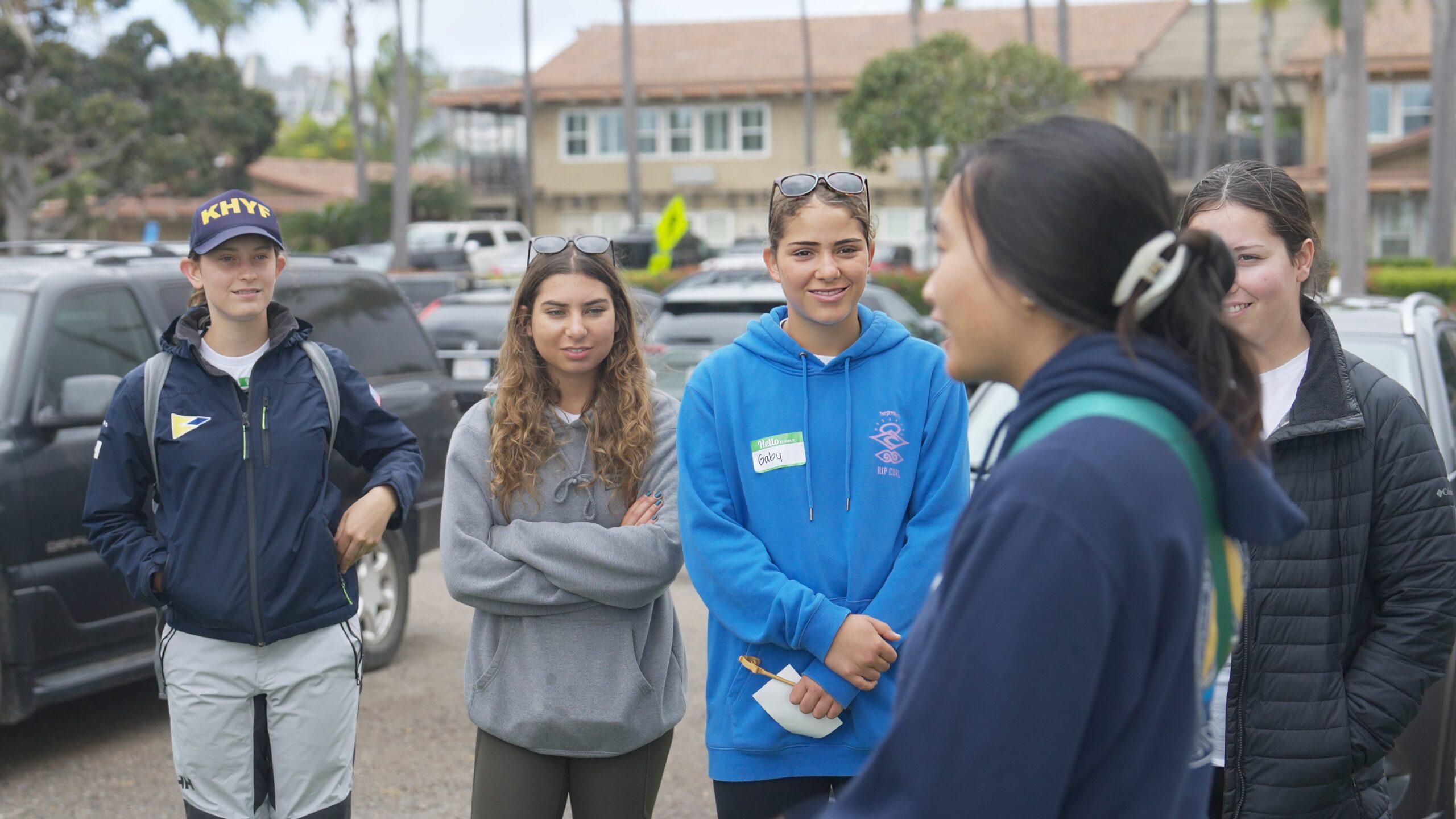
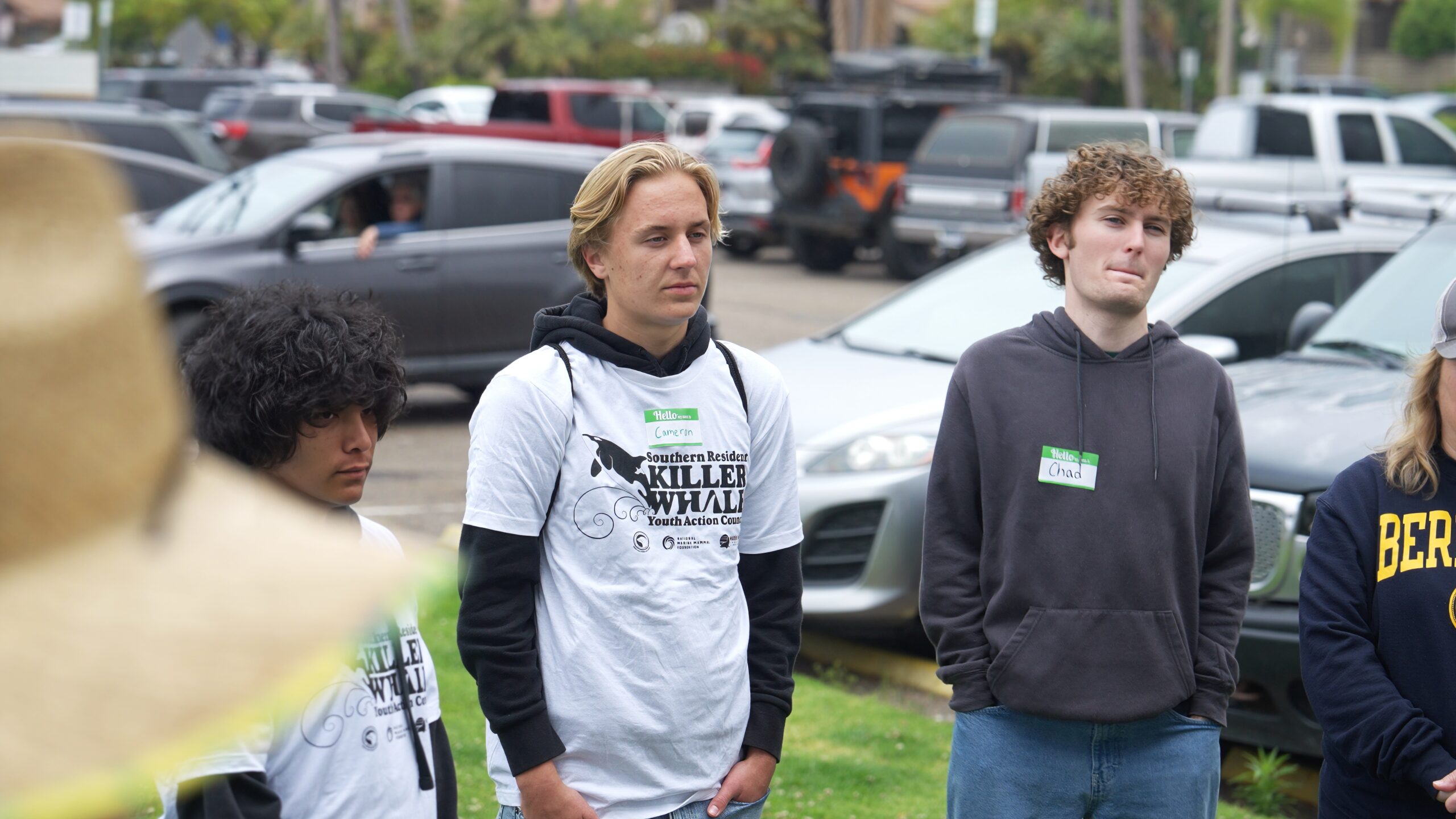
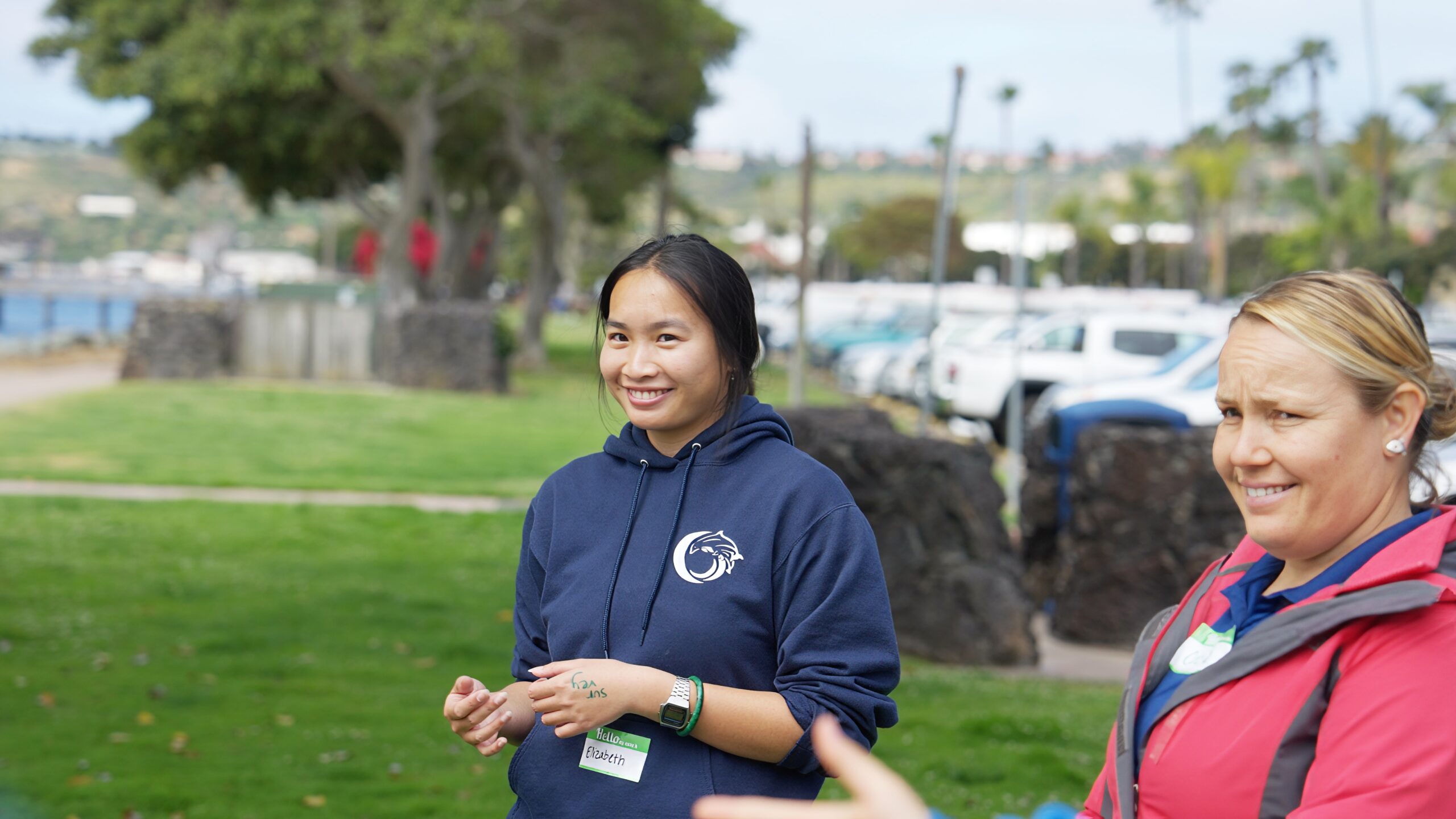
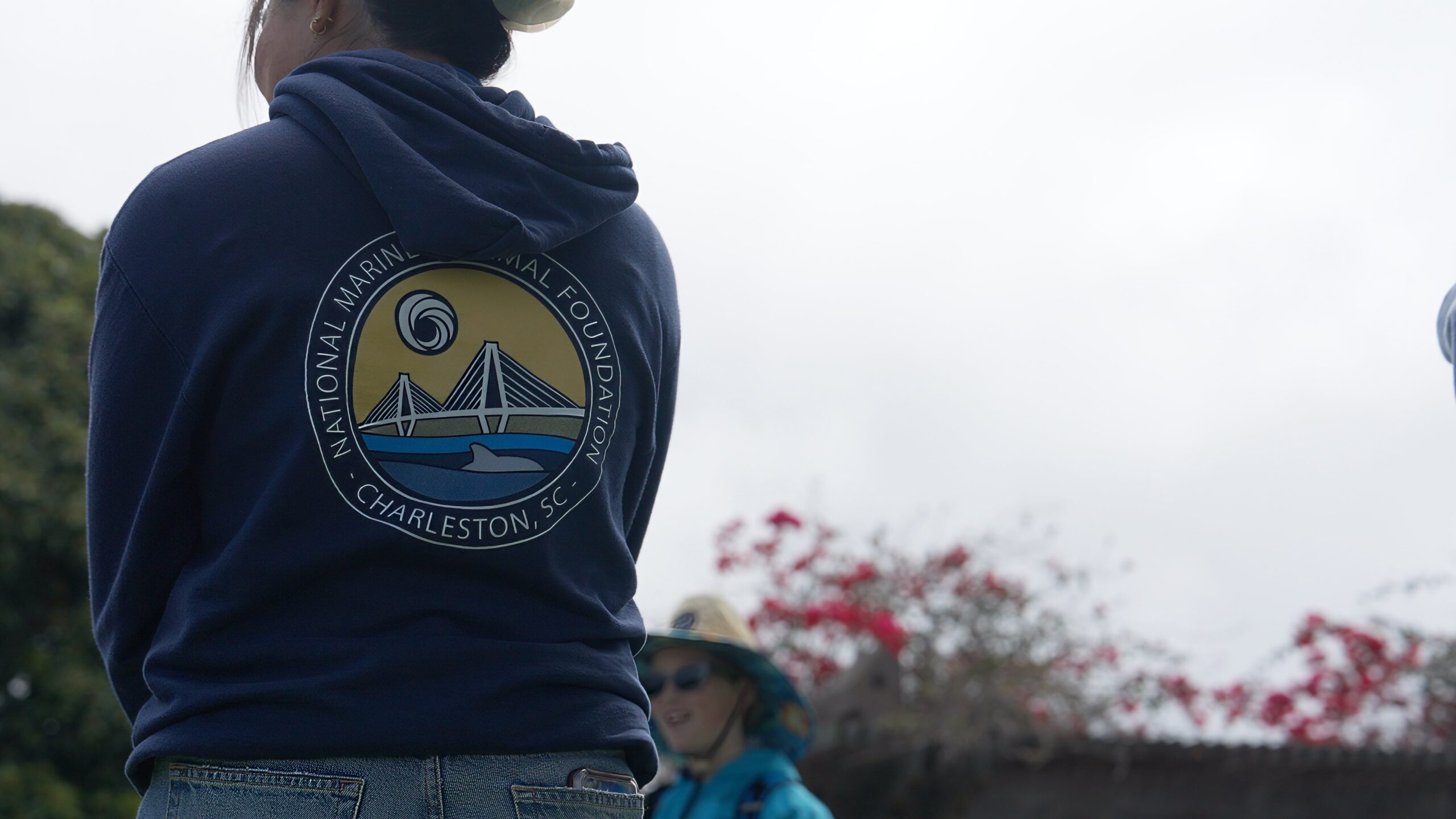

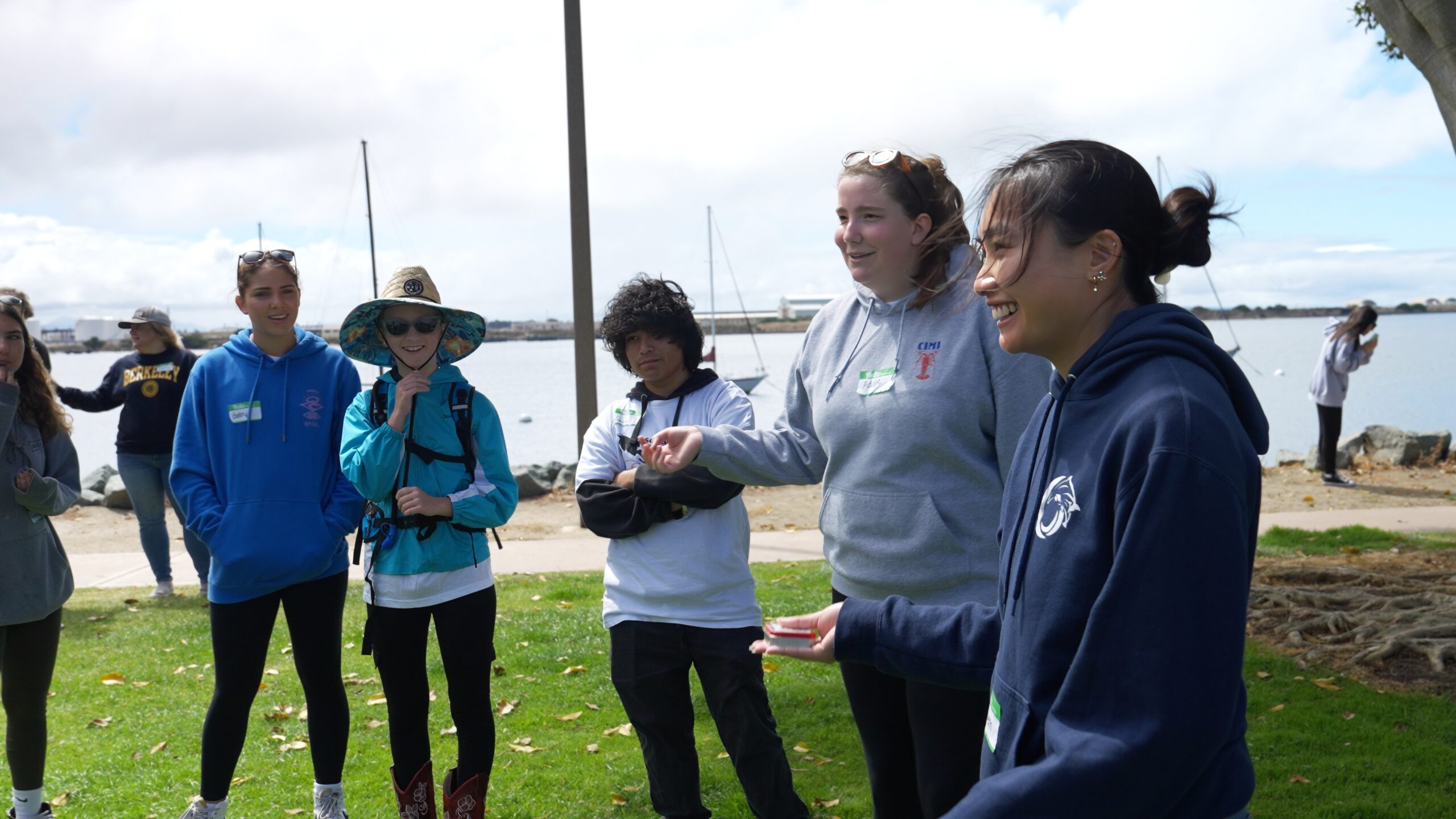
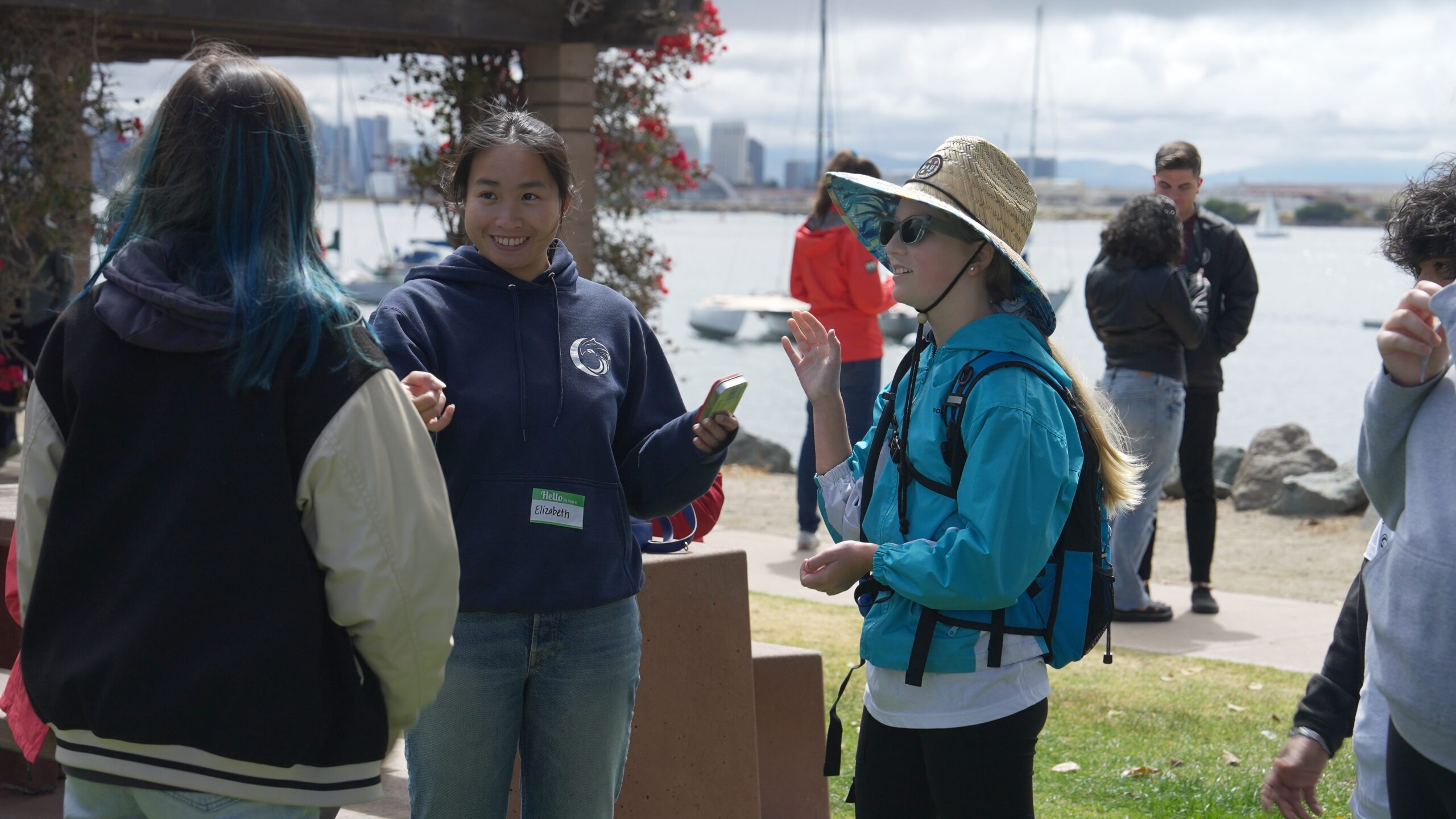
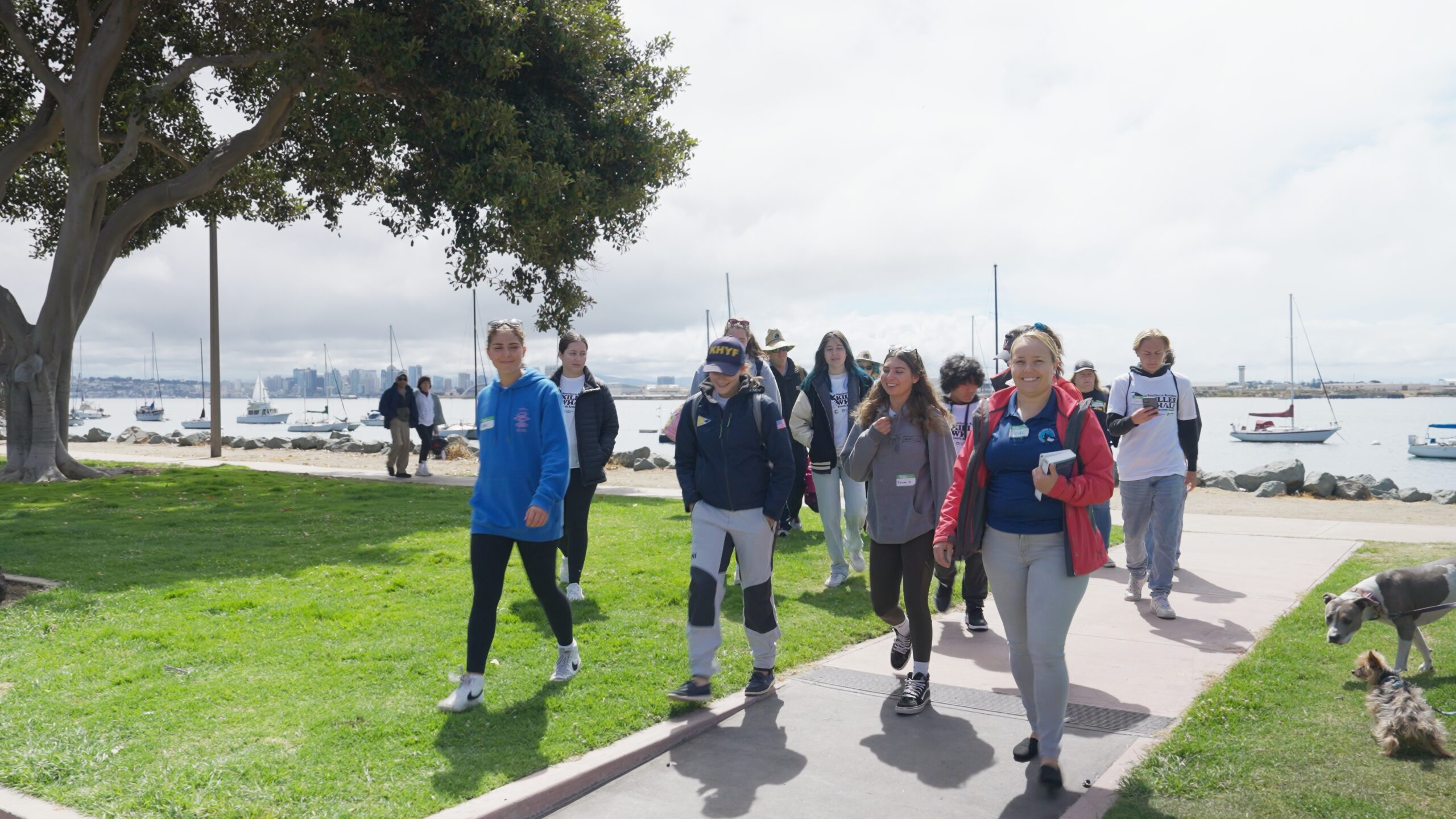
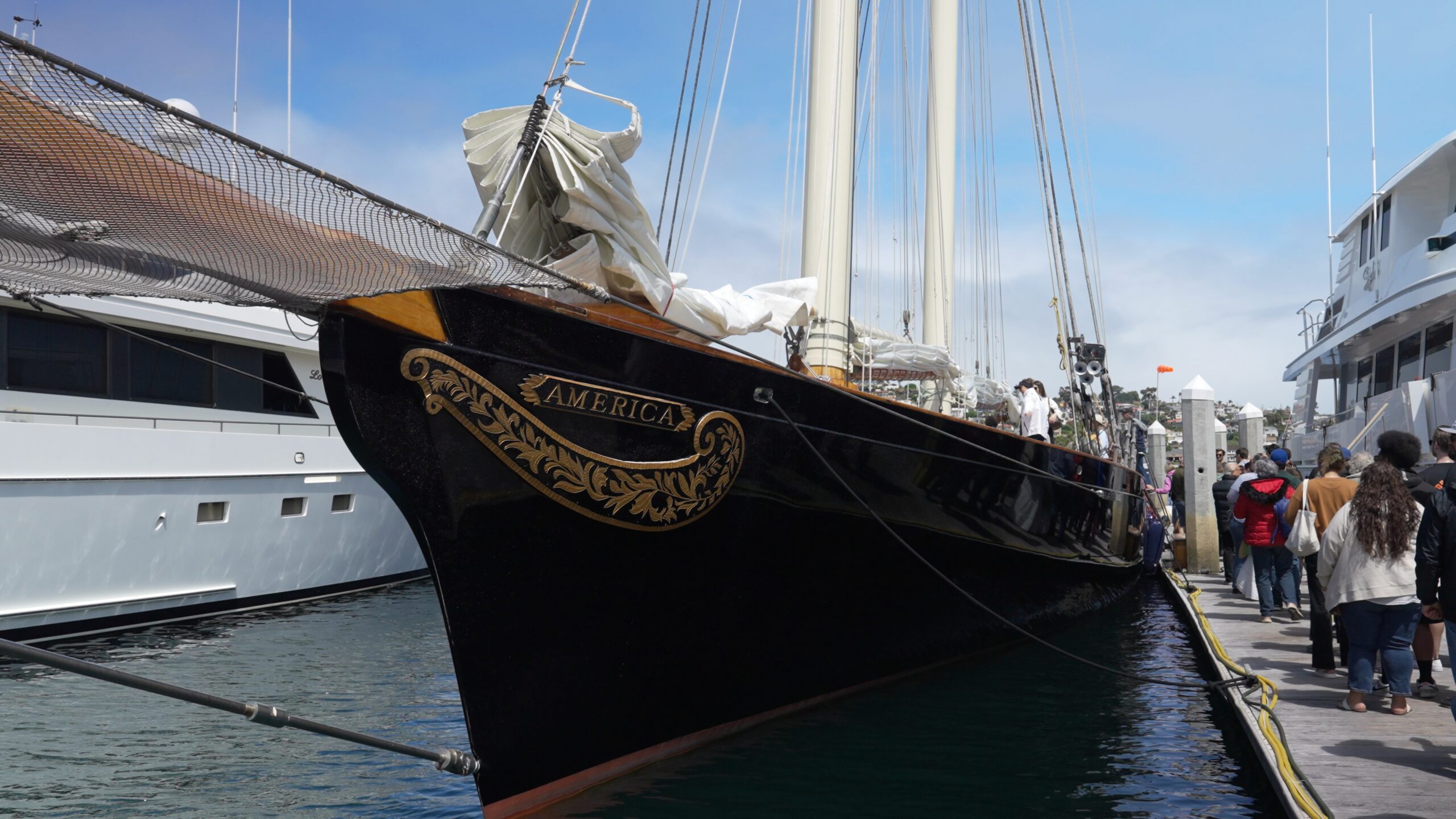
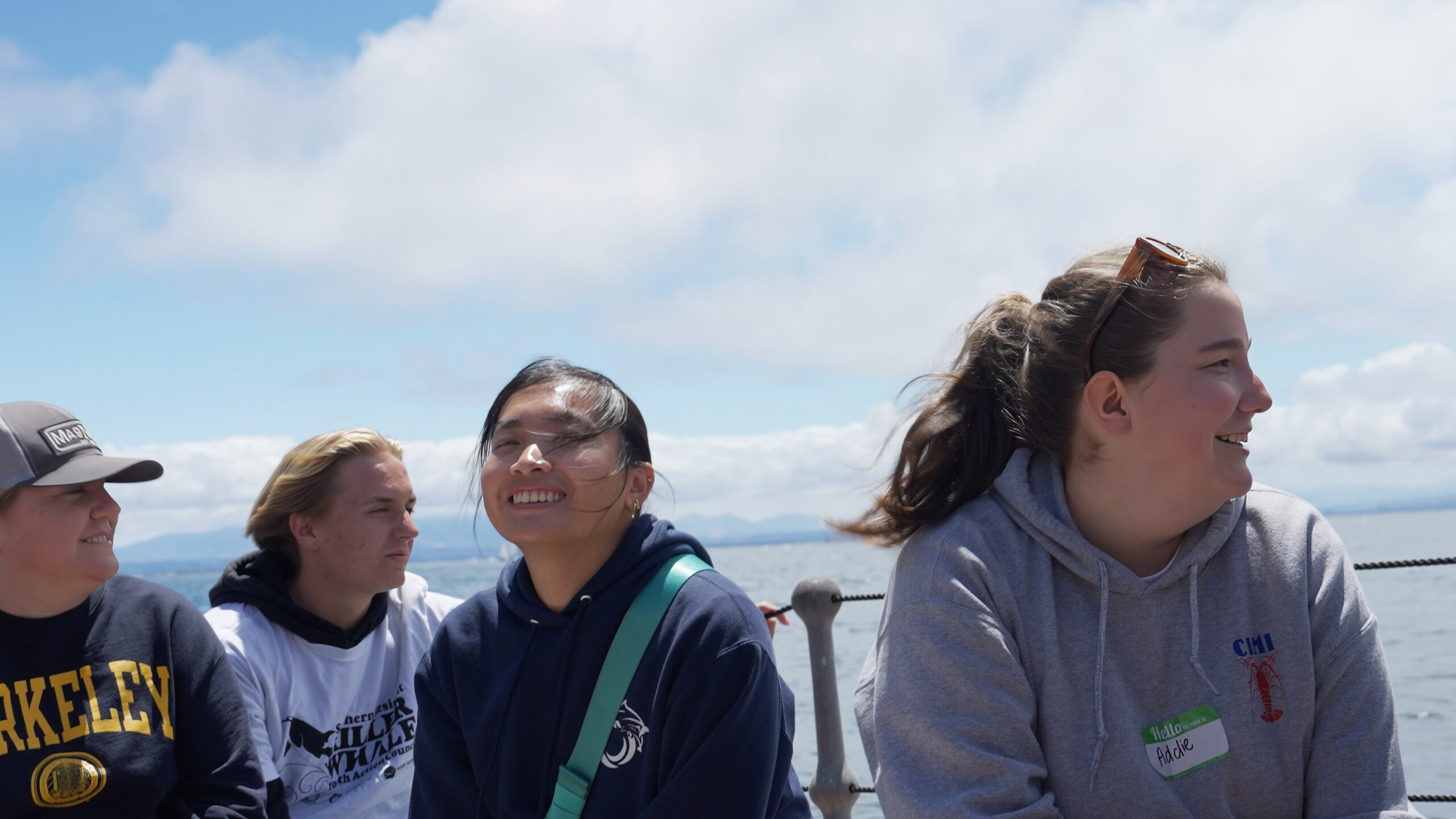
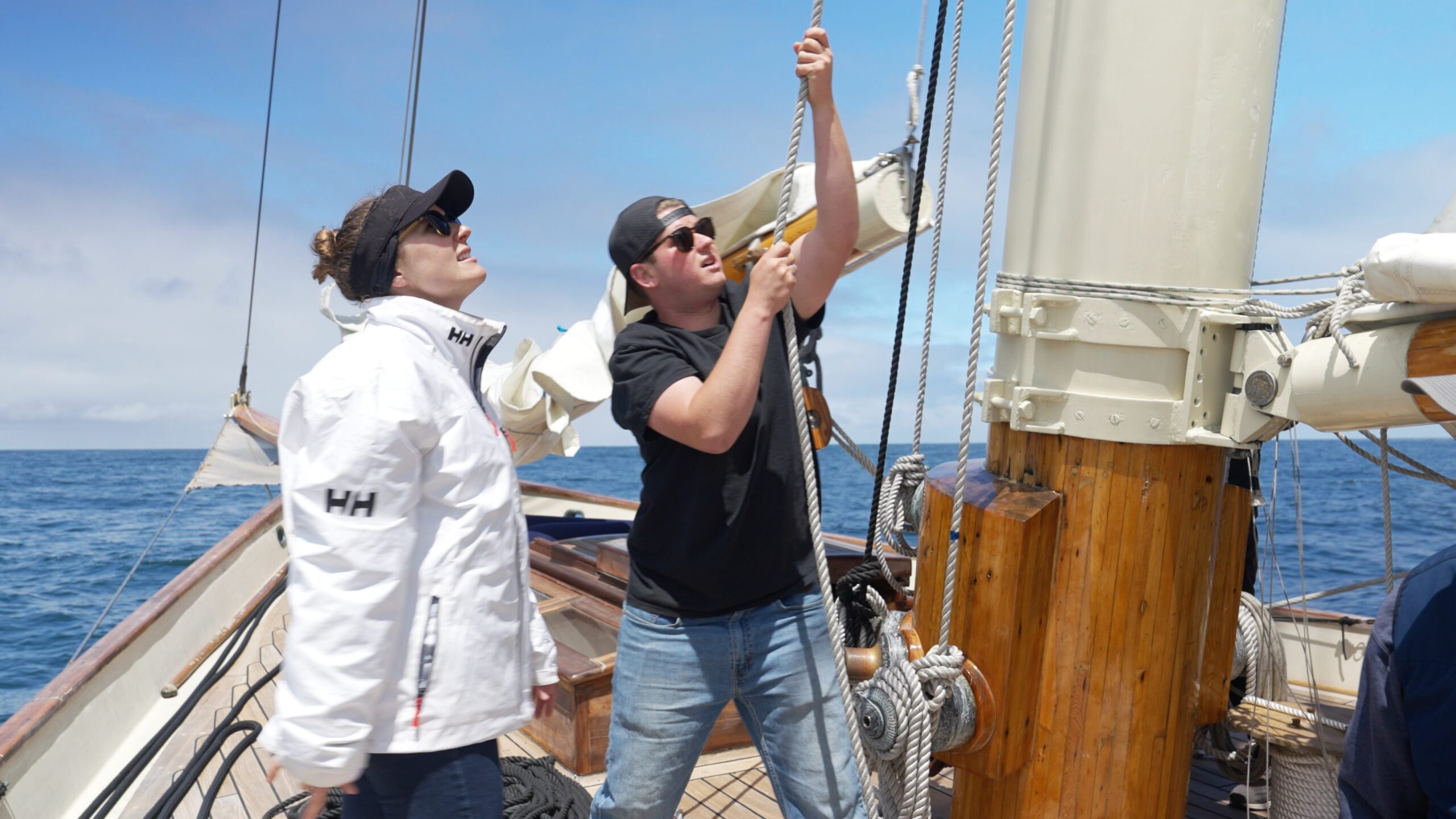
Did you know?
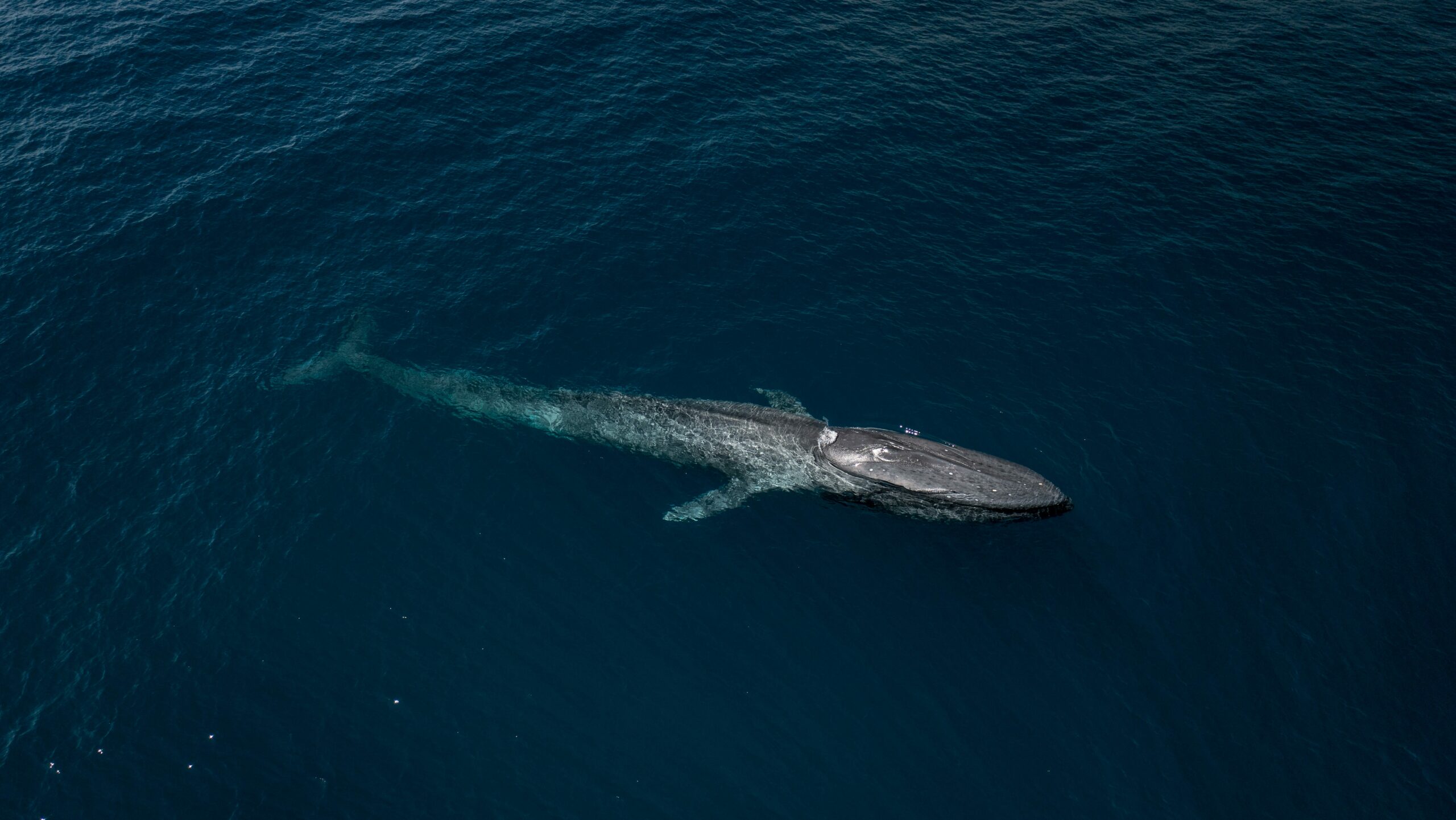

"We saw the most gorgeous blue whale, and it almost showed us its tail. This council has shown me that there is a career in this industry, and there are so many different roles that need to be filled in advocacy and working with these animals."
- Gabriella, Youth Action Council Student
About the Youth Action Council
The Youth Action Council is a group of about 25 high school students who meet over six months to learn about Southern Resident killer whales and the threats they face. Funded by the National Oceanic and Atmospheric Administration (NOAA), this program aims to bring attention and awareness to marine species on the west coast.
"Seeing the whales today really changed my perspective on the absolute magnitude of the ecosystem. I feel more connected to them, and I feel like I can really make a difference as an individual, with my community, and with my family and friends."
- Emerson, Youth Action Council Student
One unique aspect of the YAC program is its virtual accessibility, allowing students from all over the country to participate, although the focus remains on Southern California. This program is a collaborative effort between the National Marine Mammal Foundation in San Diego, the Marine Mammal Care Center in Los Angeles, and the Pacific Marine Mammal Center in Laguna Beach.
Did you know?
Southern Resident killer whales are a unique population of orcas that live off the coasts of British Columbia, Washington, and Oregon. There are only about 73 of these magnificent creatures left in the wild. Their diet consists mainly of Chinook salmon, which is also endangered, making their survival even more precarious.




"We learn about Southern Resident killer whales, the threats they face, and actions we can all take to help improve their situation. Whether it be civic action or scientific studies, we try to have a well-rounded program to teach them about what they can do to help these animals. The great thing about this program is a lot of it is virtual, so kids from all over the country have signed up to get involved. We are focused on our Southern California region, but making people aware that what we do even here impacts the Southern Resident killer whales that live on the northwest coast of the Pacific Northwest."
- Celeste Parry, NMMF Director of Community Engagement and Youth Action Council Facilitator
Dave Bader, Chief Operations and Education Officer at the Marine Mammal Care Center, stresses the importance of youth engagement in conservation:
“I've been involved with the Youth Action Council and our Southern Resident killer whale outreach program for the past three years, along with our friends at the National Marine Mammal Foundation and Pacific Marine Mammal Center. Youth is a critical element of engagement. They're developing their conservation ethic right now, and it's an important conservation ethic that we have to develop for the future. Engaging with youth, especially with this group that is so passionate, has been a really amazing and learning experience for me."
- Dave Bader, Chief Operations and Education Officer at the Marine Mammal Care Center, Los Angeles
The Youth Action Council provides a unique and powerful experience for young students, inspiring them to become active participants in marine conservation. By connecting with marine life directly and learning from dedicated professionals, these students are gaining invaluable knowledge and passion that will drive their future efforts to protect our oceans.
